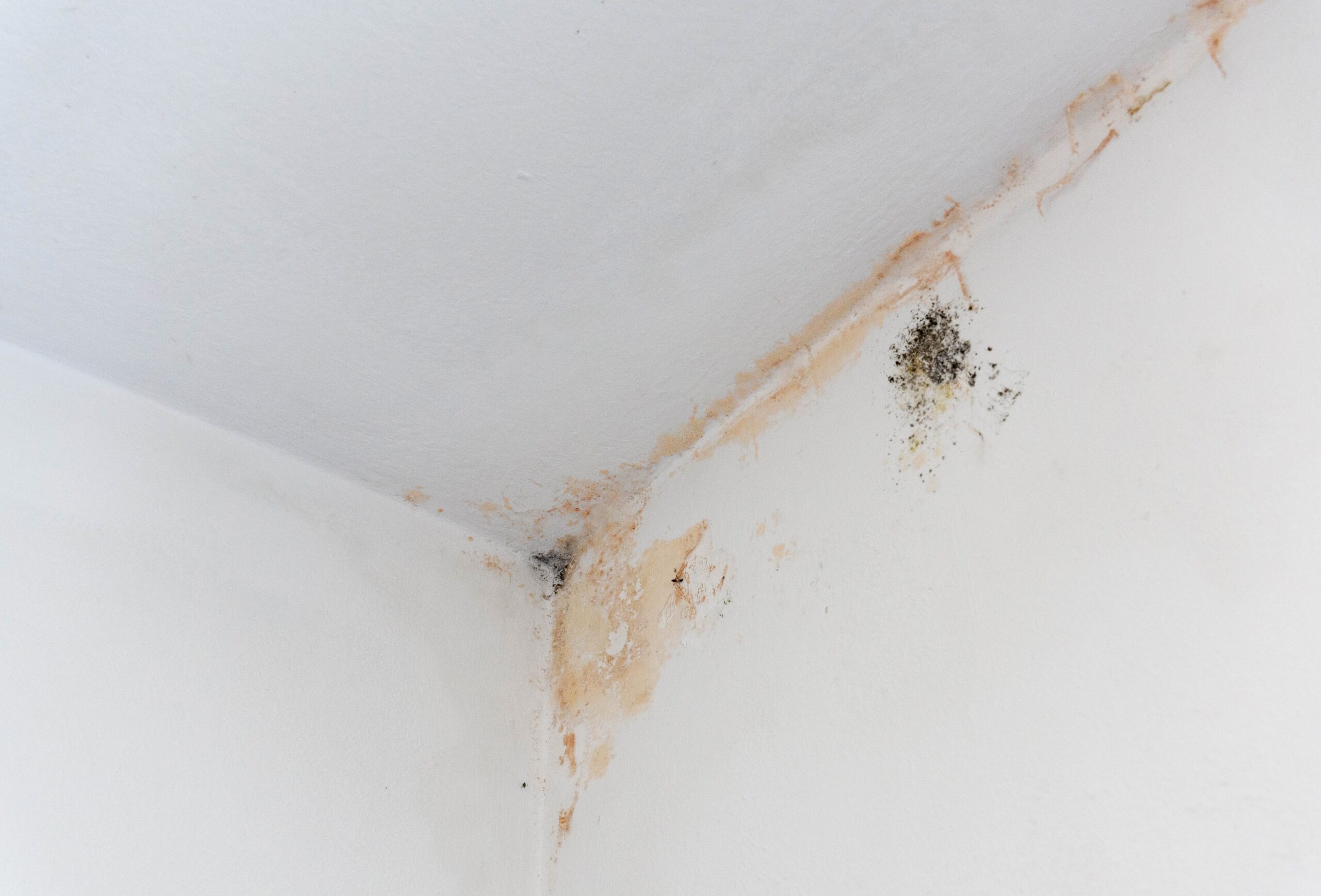This week is Damp and Mould Action and Awareness Week. It comes at a critical time. Awaab’s Law comes into force for the social rented sector this week.
On the 27th October 2025, the new legislation will transform the social housing sector, placing legally-binding deadlines on landlords to fix serious health hazards.
For years damp and mould were dismissed as minor issues or ‘lifestyle’ problems. The heartbreaking story of two-year-old Awaab Ishak, who died in 2020 due to a severe respiratory condition caused by prolonged exposure to mould in his social housing flat, shattered this misconception.
We’re fully supporting this years Awareness Week. Damp and mould are a serious health hazard, causing respiratory problems, allergies, and asthma, particularly for children and vulnerable people.
Awareness Week is about:
- Education: Understanding the causes (like condensation, leaks, or building defects) and the severe health risks.
- Action: Encouraging tenants to report issues and for landlords to act quickly.
Understanding Awaab’s Law
Awaab’s Law, introduced through the Social Housing (Regulation) Act 2023, is the sector’s response to these failings. It comes into force in phases. The first focuses on damp, mould, and emergency hazards and is due to begin on October 27th, 2025 for the social rented sector.
The law inserts mandatory timeframes into tenancy agreements, so tenants have a direct legal route to hold their social landlord to account if they fail to comply.
Key Deadlines for Social Landlords:
It also introduces strict, non-negotiable timelines for social landlords when a potential hazard is reported:
- Emergency Hazards: The landlord must investigate and, if the hazard is confirmed, start and complete relevant safety work within 24 hours of becoming aware of the issue.
- Significant Damp and Mould Hazards: The landlord must investigate the issue within 10 working days, provide a written summary of findings and an action plan to the tenant within 3 working days of the investigation concluding.
Landlords must begin safety works within 5 working days of the investigation concluding. Start or take steps to start any required preventative works (to stop the problem reoccurring) within 5 working days, with the work physically beginning within 12 weeks. Crucially, if the property cannot be made safe within the timeframes, the landlord must offer and arrange suitable alternative accommodation for the tenant at the landlord’s expense.
What This Means for Tenants and Landlords
- For Social Housing Tenants: This law formalises tenants right to a safe, healthy home and provides clear, legal deadlines. If damp or mould is reported, landlords must follow the timeframes. Tenants must, however, report the issue immediately and clearly.
- For Social Landlords: The days of blaming damp and mould to ‘tenant lifestyle‘ are over. Landlords must move to a ‘predict and prevent‘ model, addressing the causes of moisture, investing in better ventilation and insulation, and training staff to treat every report as a potential health hazard. Strong record-keeping and clear, compassionate communication with tenants will be essential for compliance.
Our Conclusion
Damp and Mould Action and Awareness Week is a watershed moment. It’s a reminder of the dangers of poor housing and marks a new era of accountability.
It’s also a powerful step towards guaranteeing that a safe, healthy home is basic right, not a privilege, for all social housing tenants.
Watch Clint Walker, our Head of Partnerships, talk about Awaab’s law in a recent webinar. Click to view below.



